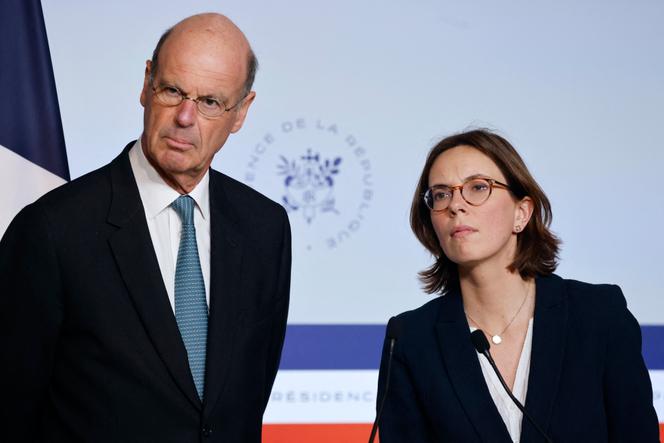


Officially, no decision had yet been made. Only around mid-July will Prime Minister François Bayrou reveal his final decision and present the broad outline for the 2026 budget and his plan to restore public finances over three or four years. That could include a possible referendum on the subject. However, as ongoing negotiations have progressed, a significant shift has already emerged from previous statements: a tax hike will be difficult to avoid. Bercy, the French Ministry of the Economy and Finance, has begun preparing the public for that outcome.
On Tuesday, June 3, officials from the Ministry of the Economy and Finance said during a press briefing on the budget preparation timeline that the government's goal was for the majority of the 2026 financial effort to focus on limiting public spending. These saving measures, which were expected to account for most of the planned adjustment, would, however, almost certainly have to be coupled with an increase in tax revenues.
Such a prospect is likely to anger the right. "In France, it is never the right time to cut spending; there is a kind of refusal to face the problem," said Senator Jean-François Husson (Les Républicains, right-wing), and general rapporteur on the budget. "But we will have to tackle it." Charles Sitzenstuhl, a Macron-aligned MP, also expressed concern: "I fear that, as with [former prime minister] Michel Barnier, we will start by promising spending cuts only to end up with a tax explosion."
You have 76.31% of this article left to read. The rest is for subscribers only.
